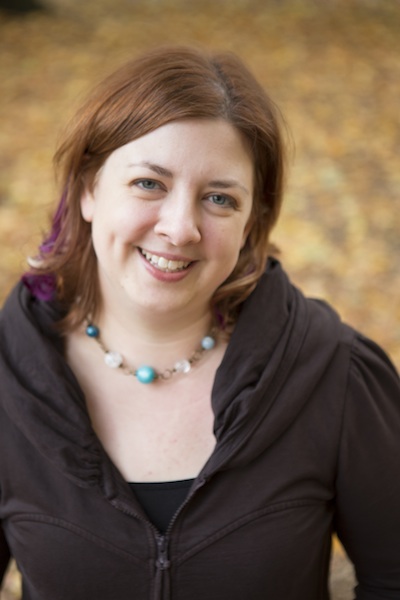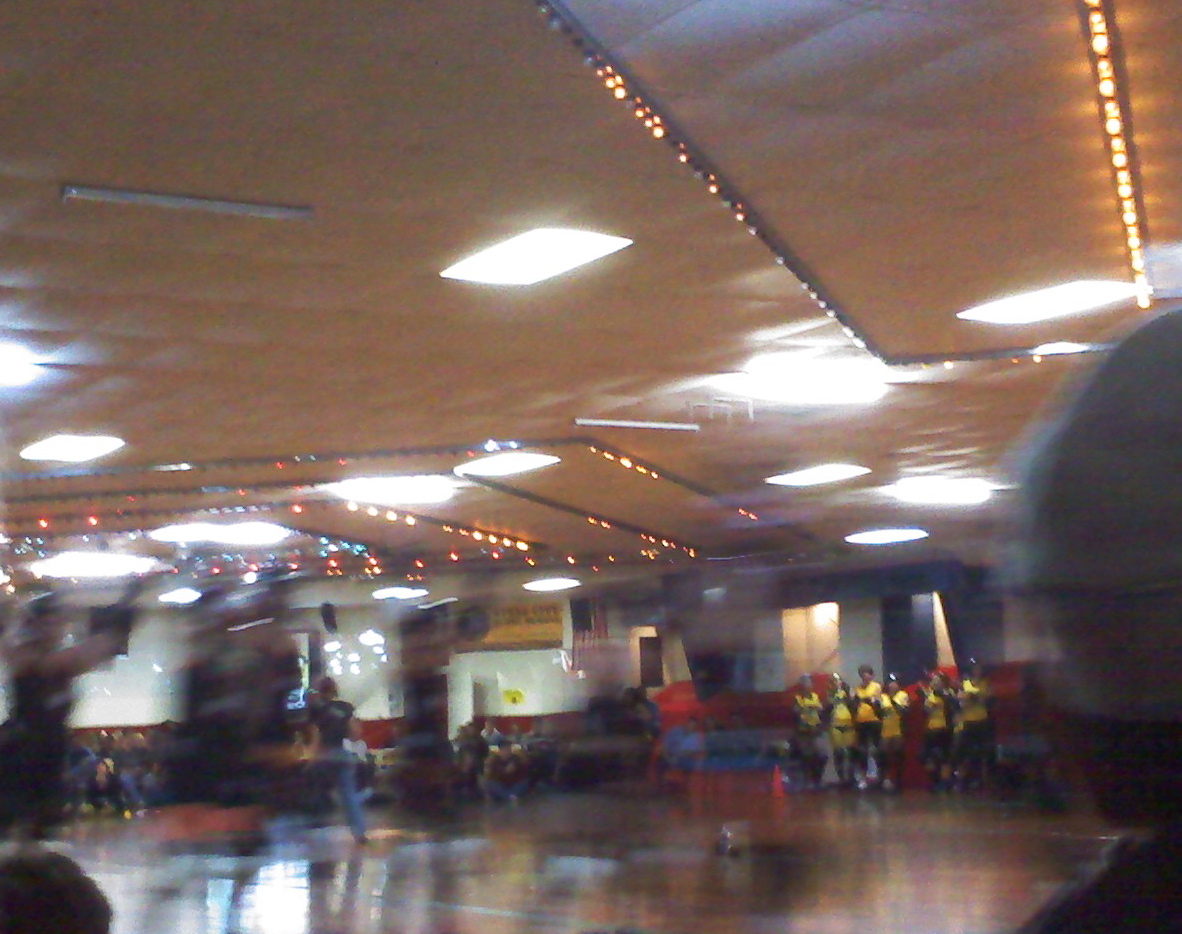Six practical (and slightly irreverent) writing life tips
 Wednesday, April 11, 2012 at 11:46PM
Wednesday, April 11, 2012 at 11:46PM It's been about two months since my last "In The Word Cellar" column on writing and creativity. Two months! This is not good, kids. I know I'm always declaring my desire to buckle down and write more (both in general and here on the blog), and I'm weary with my own inconsistency.
I can write a good game about what I need to stay committed to my writing: time and space and quiet, first of all. I've written about creating writing rituals and rhythms, how to keep creating, and the enthusiasm that must remain after inspiration. I probably need to go back and read those posts, take a dose of my own sweet medicine, essentially.
But in addition to all that, I'm thinking about some practical, kick-in-the-pants things I can do make my writing life a priority. Here's my list. Most of them are as much about living as they are about writing, but that's really not such a surprising distinction, methinks.
1. Admit that you're delusional. First of all, I need to admit that I'm delusional. I still think that what I value and desire will come easily and automatically. For example, I value and desire a clean, orderly home. I think better and feel better when I'm not surrounded by dust bunnies and chaos. But maintaining a clean, orderly space is not my strong suit. I want the calm, but I tend toward the chaos. In the same way, I desire to write regularly. I want the consistency, but I tend toward the sporadic. The delusion is that I think I'll work toward what I want (clean home, regular writing practice) without resistance.
I think that if I really wanted these things, I'd make them a priority no matter what. And I think that this no-matter-what should be my default mode. Nuh-uh. Not so. I don't know if it's this way for other people, but it's not true for me. I have to remind myself to work at things -- even if I really want them and love them. My gremlins try to tell me that this means I don't really love them, because if I loved them enough I'd just do them no matter what. So I have to remember this delusion and not fall under its self-esteem-eviscerating spell. I get distracted. I get tired. I get busy. Having to remind myself to write does not mean that I'm lazy or incompetent or that I don't really and truly want to be a writer. Resistance does not a failure make.
2. Take hostages. In other words, write things down. You think you'll remember that delightful new word/phrase/book/idea, and sometimes you will, but often you won't. Okay, so I mean that I won't. But this is a common stumbling block. Capture things when they come to you! I use the "notes" feature on my phone when I'm out and about or when something hits me when I'm in bed falling asleep at night. I also usually have at least half a dozen notebooks lounging about, making it easy for me to jot things down. But this creates another problem, which leads to the next point.
3. For the love of your sanity, corral your hostages. Electronic notes. Scraps of paper. Napkins. Eight different notebooks. The backs of grocery lists. I just know that idea is on one of these. Now where was it?.... This one is so basic it's almost embarrassing, especially since I've done some serious project management in the past and have kept all sorts of things organized for my clients and employers. Why is this so difficult when it comes to my own stuff? I don't know the answer to this, but I'm getting better at creating a system that works for me. It's still unwieldy, but I can mostly keep track of things now that I'm down to about three main notebooks, some with special sticky notes and tabs! (If you have tips on either why this is so hard, or how to overcome it, please tell me!)
4. Eat something, dammit! I rarely forget to eat, but I am known to get wrapped up in a project, put off eating for too long, let my blood sugar get all dippy, and then freak out because I can't think, I can't write, and I NEED TO EAT RIGHT NOW. This is not conducive to staying in (or returning to) the creative flow. The practical tip here is to be prepared with three levels of eating options. Level one we'll call Code Green: Schedule time into your day to cook something and take a break to do it. Level two, or Code Yellow: Have food in the house that's ready to eat, such as leftovers, sandwich fixin's, or a frozen meal option. Code Red: Have cash on hand to order an emergency pizza or take-out sushi.
5. Fight the power! Do not be taken hostage by Facebook, Twitter, Email, or Instagram! Those bastards will try to woo you and lull you into just a few more clicks and updates. Be strong.
6. Half-ass it. I'm a writer with a blog, which sometimes feels like an occupational hazard. Imagine being a chef and inviting a few friends over for dinner. That dinner better be foodgasmic, right? At least, that's what I'd be thinking if I were the chef. The dinner guests, on the other hand, are probably just happy to (a) be spending time with friends; (b) not have to cook; and (c) be eating yummy food no matter how simple it is. I already know that not everything I write will be amazing. I let myself write shitty first drafts (á la Anne Lamott) of my essays, knowing that I'll clean them up later. It's not quite so easy with a blog. I don't want to write a shitty blog post, but I have to give myself permission to half-ass it from time to time -- because sometimes half-assed is all I have. Not because I don't care, but because not every blog post will be brilliant. (This one certainly isn't.)
That's what I have to go on right now: debunking delusions, organizational challenges, meal planning, a call to arms, food analogies, and a handful of swear words. What you got?
{Read other "In The Word Cellar" posts here.}
 in the word cellar,
in the word cellar,  writing,
writing,  writing tips
writing tips 
















